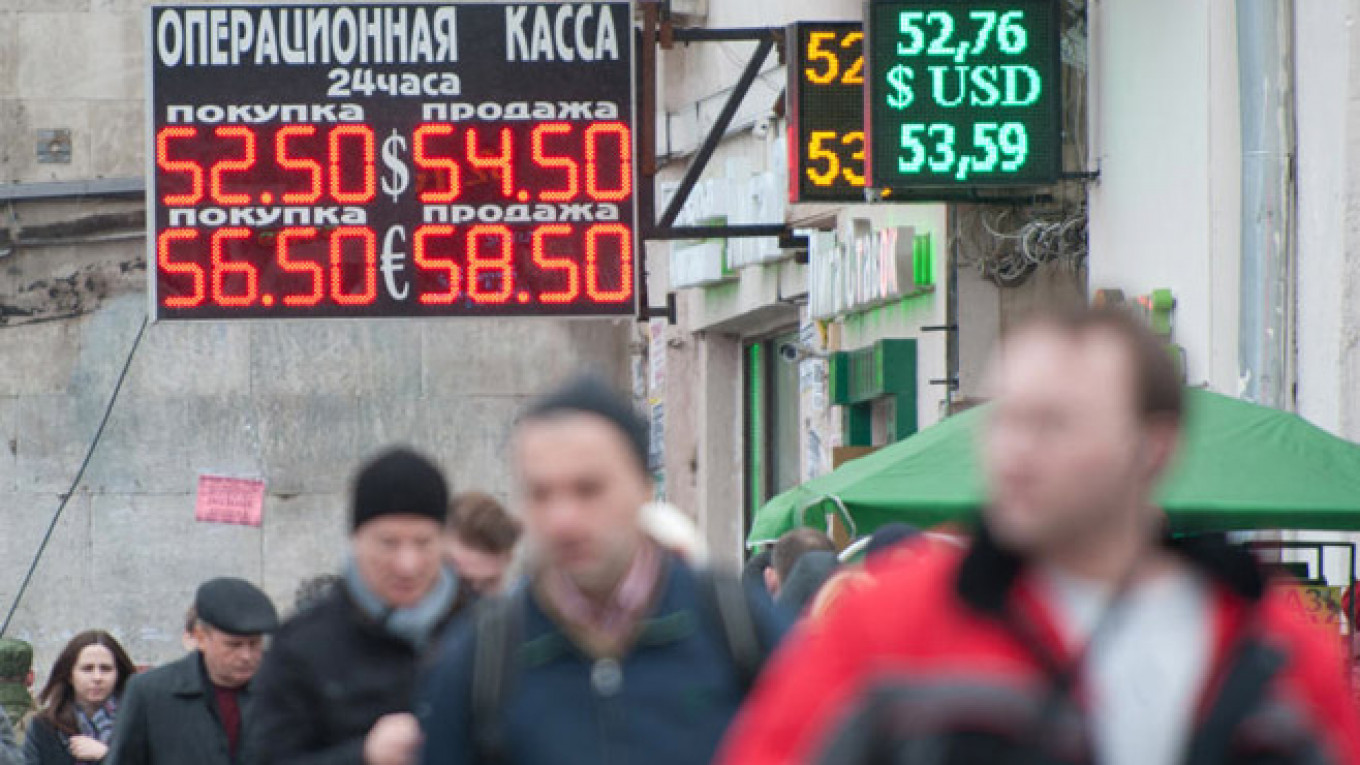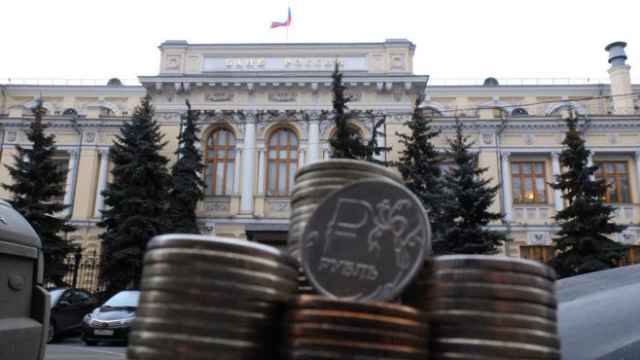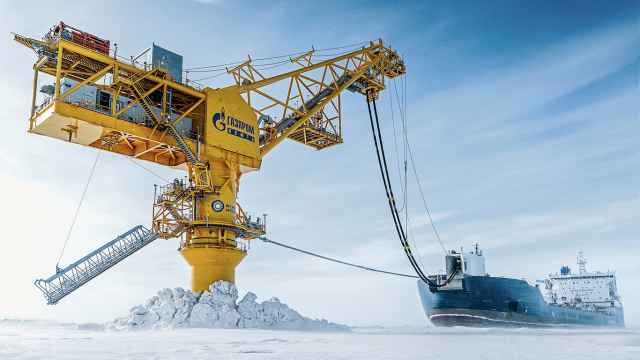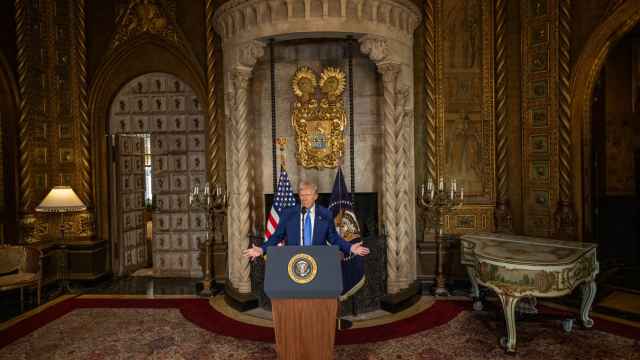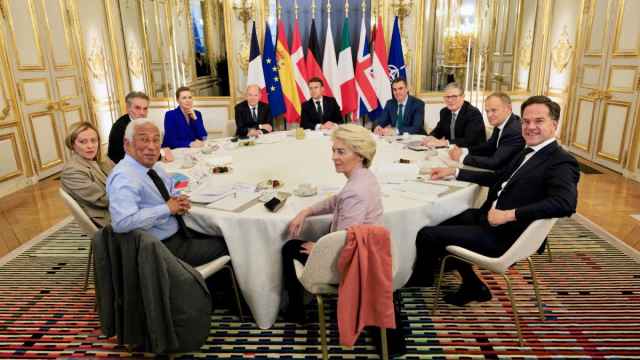Over the course of the winter a combination of rapidly falling oil prices, heightened geopolitical uncertainty and enormous private capital outflows contrived to create a palpable sense of panic in the Russian economy.
A rebound for the ruble has now given Russia some respite and contributed to a more optimistic economic outlook, but it has also diverted attention away from the need to address the growing list of serious problems that face the country. These have not disappeared, whatever the ruble says.
When the ruble plunged late last year and unemployment began to rise, the Russian government was forced to hastily cobble together an anti-crisis plan to restore economic confidence. Spring has now brought with it a renewed sense of calm. Since the end of January, oil prices stabilized, then rose slightly to their current levels.
The Minsk II agreement, while fragile and only partially observed, at least appears to be preventing the conflict in southeast Ukraine from escalating any further.
Capital outflows, which reached $77 billion in the final quarter of 2014, slowed down to $32 billion in the first quarter of 2015. Perhaps most notably, the ruble has reversed its downward trajectory to become one of the best-performing emerging market currencies in 2015.
Such is the apparent turnaround in fortunes for the Russian economy that President Vladimir Putin was emboldened to declare in his recent annual call-in program that the economic crisis had been averted, and that the "peak of Russia's problems" were now in the past.
Looking at Russia's economic performance in 2015, it is clear that on some indicators there is room for optimism. Brent crude oil prices are currently hovering at around the $55 per barrel level. While this isn't high by recent standards, the fact that the relentless decline in prices over the second half of 2014 has been arrested has at least given policymakers welcome respite.
The ruble, which started the year trading at over 70 to the U.S. dollar, is now trading at around 50. Economic activity in the final quarter of 2014 was also better than expected, with gross domestic product expanding by a modest 0.3 percent when most analysts had forecast a contraction.
While oil prices are largely influenced by factors outside the control of Russian policymakers, the appreciation of the ruble owes much to their intervention. By raising short-term interest rates to 17 percent in December (subsequently cut to 14 per cent), the Central Bank made Russian assets much more attractive to foreign investors.
The imposition of informal capital controls in December, which required large exporters to exchange foreign currency balances for rubles, also helped stem the outward flow of capital.
With external debt repayments slowing down after peaking at the end of 2014, and tax payments causing exporters to repatriate funds, it is clear that good policy mixed with seasonal factors and a little luck help explain why the ruble has performed much better than movements in the oil price would suggest.
Scratch the surface, however, and it is clear that on other economic indicators the picture is less benign. Prices continue to rise, with annualized inflation reaching nearly 17 percent in March. Industrial production, although boosted by the weak ruble, remains anemic. Investment, which as a proportion of GDP is already comparatively low, is falling rapidly, with a year-on-year decline of 5.3 percent registered in March.
Taken together, these indicators of activity in the real economy suggest that GDP, which unexpectedly grew at the end of 2014, may have fallen by around 2 percent in the first quarter alone. These data hardly augur well for a sustained and broad-based return to growth.
The rally, to the extent that there is one, is focused largely on the ruble. But the wider economy is performing badly. More worryingly, even this narrowly focused strong performance is precarious. Should oil prices begin to decline again, perhaps as Iranian oil increases global supply, or if fighting in Ukraine intensifies, confidence could evaporate just as quickly as it returned in recent months.
The gyrations of Russia's short-term economic performance also divert attention from the fact that Russia is afflicted by a severe and prolonged slowdown in the rate of growth. The system of political economy that has existed for the past decade and a half is no longer delivering an acceptable rate of economic growth.
Most senior policymakers acknowledge this. But thus far, the Kremlin has showed no appetite for undertaking the type of reform needed to fix the severe problems that are holding the Russian economy back.
Unfortunately, the policy response to the economic downturn and Western economic sanctions threatens to increase state control and make the economy more introverted. Rather than strengthening property rights, boosting competition and creating the conditions for accelerated private investment, the leadership is instead considering a wide-ranging import substitution plan to insulate Russia from the global economy.
It is also allocating scarce public funds to help inefficient but politically well-connected enterprises. While these policies satisfy powerful constituencies close to the Kremlin, they do nothing to address the acute structural challenges facing the Russian economy.
Richard Connolly is an associate fellow at Chatham House's Russia and Eurasia program. This comment originally appeared on Chatham House's website.
A Message from The Moscow Times:
Dear readers,
We are facing unprecedented challenges. Russia's Prosecutor General's Office has designated The Moscow Times as an "undesirable" organization, criminalizing our work and putting our staff at risk of prosecution. This follows our earlier unjust labeling as a "foreign agent."
These actions are direct attempts to silence independent journalism in Russia. The authorities claim our work "discredits the decisions of the Russian leadership." We see things differently: we strive to provide accurate, unbiased reporting on Russia.
We, the journalists of The Moscow Times, refuse to be silenced. But to continue our work, we need your help.
Your support, no matter how small, makes a world of difference. If you can, please support us monthly starting from just $2. It's quick to set up, and every contribution makes a significant impact.
By supporting The Moscow Times, you're defending open, independent journalism in the face of repression. Thank you for standing with us.
Remind me later.


